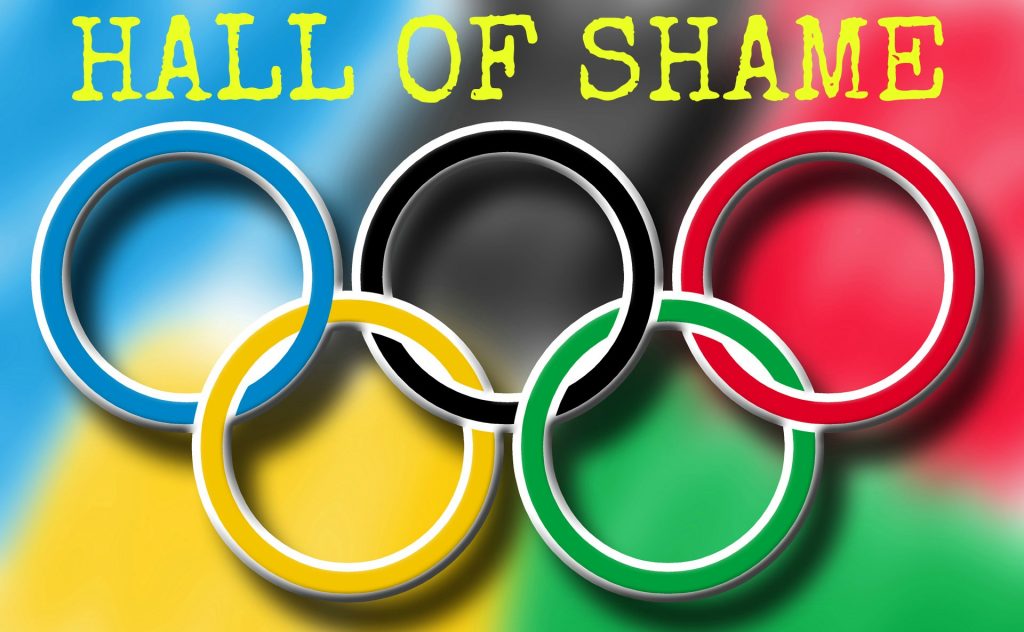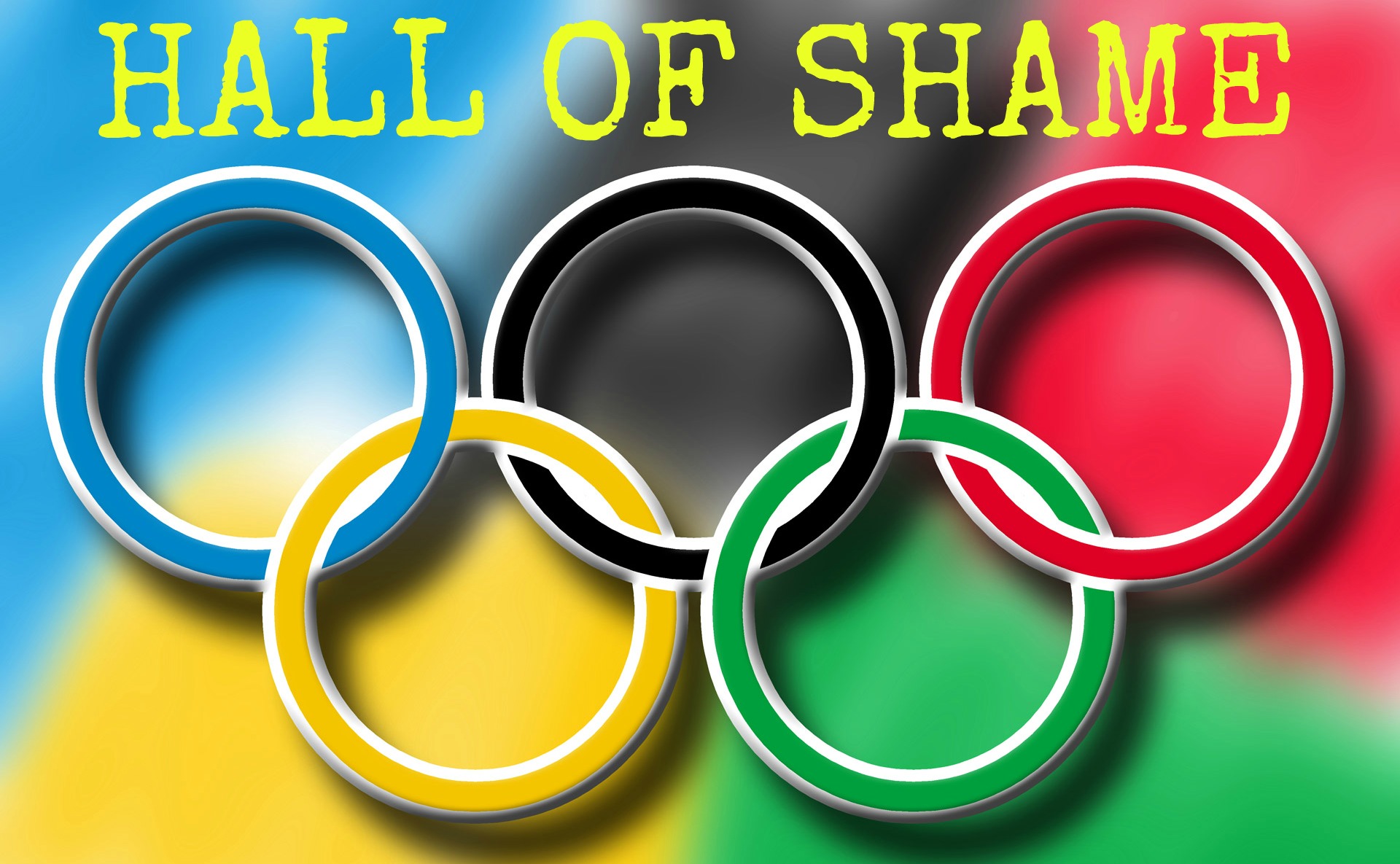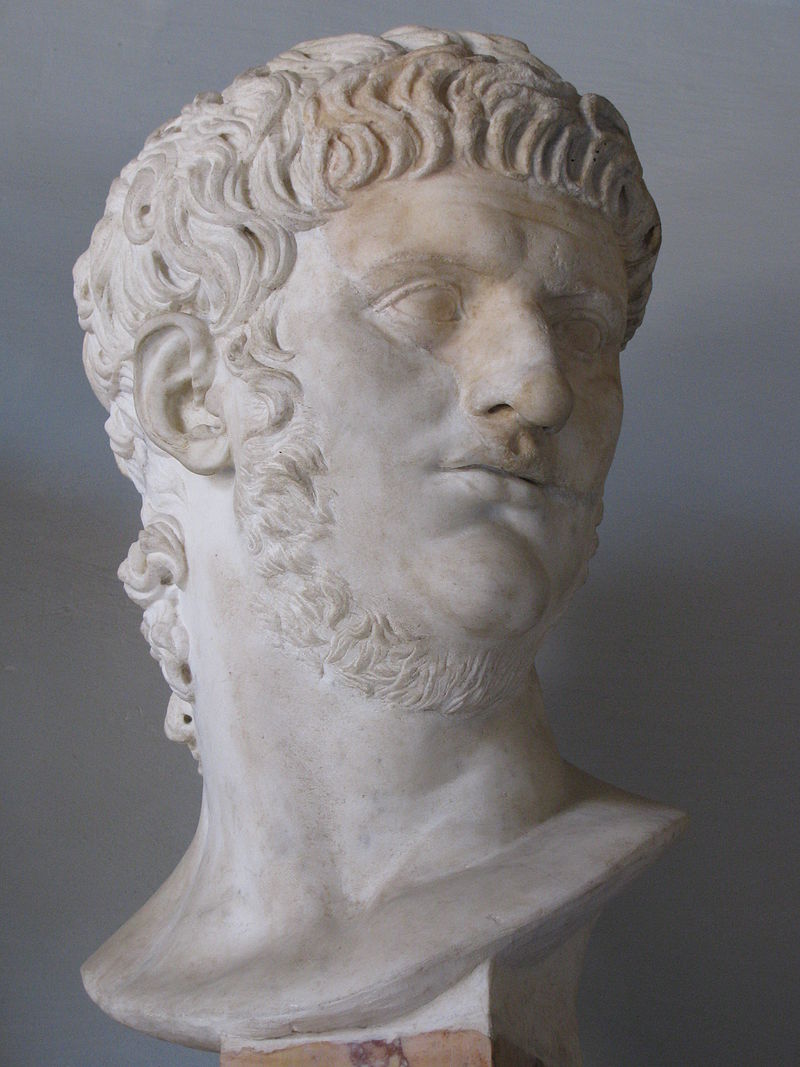Some people become famous at the Olympic games because they win a medal. Others become infamous because they don’t play by the rules. Here’s a look at the BRI’s Olympic Hall of Shame.
ROMAN EMPEROR NERO
Year: A.D. 67
Place: Olympia
What happened: Nero decided to compete in the chariot race. In the middle of the event, however, he fell off his chariot and was left behind in the dirt. He never completed the course.
Reaction: The Olympic judges, “under extreme pressure,” declared him the winner anyway.
SPYRIDON BELOKAS (Greek marathon runner)
Year: 1896
Place: Athens, Greece (the first modern-day Olympics)
What happened: These Olympics were a matter of national pride for Greeks. So Belokas became a national hero when he won the bronze medal. But shortly after the games ended, he admitted to “hitching a ride in a horse-drawn carriage” during the race.
Reaction: He was stripped of his medal and running shirt, and became a national disgrace overnight.
JOHN CARPENTER, (American runner, 400-meter finals)
Year: 1908
Place: London
What happened: Scottish champ Wyndham Halswelle, the fastest qualifier and the person favored to win, was rounding the final turn neck-and-neck with three U.S. runners when one of them— Carpenter—shoved him sideways. John Taylor, another of the Americans, “won” the race, but not before a British official broke the tape and declared “no race.”
Reaction: Carpenter was disqualified; Halswelle and the other two American finalists were invited to re-run the race two days later, “this time in lanes separated by strings.” The Americans refused. Halswelle re-ran the race alone and won the gold medal automatically, the only person ever to win the gold in a “walkover.”
MEMBERS OF THE EAST GERMAN LUGE TEAM
Year: 1968
Place: Grenoble, France (Winter Games)
What happened: The East Germans placed first, second, and fourth in the luge competition. Then Olympic officials discovered that they’d “used a chemical to heat the runners of their toboggans to increase speed.”
Reaction: They were disqualified and forfeited their medals. But the East German team never admitted guilt, blaming the incident on a “capitalist plot.”
FRENCH OLYMPIC AUTHORITIES AND THE FINNISH OLYMPIC COMMITTEE
Year: 1924
Place: Paris
What happened: Finland’s Paavo Nurmi was the world champion long-distance runner. But for some reason, French officials didn’t want Nurmi to sweep the gold medals in the 1,500, 5,000, and 10,000-meter events. So they scheduled the 5,000-meter final just 55 minutes after the 1,500-meter final, hoping Nurmi would be too tired to win the second race. Then Finnish officials arbitrarily dropped Nurmi from the 10,000-meter race so Ville Ritola, Finland’s second-best runner, would have a shot at a gold medal.
Reaction: Nurmi was furious, but there was nothing he could do about it. He ran the 1,500-meter event…and won in record time. Then, less than an hour later, he ran the 5,000 meter…and won that in record time. Finally, according to legend, “as Ritola won the 10,000 meters by half a lap in world record time, Nurmi ran a lone 10,000 meters outside the stadium and beat Ritola’s time.”











